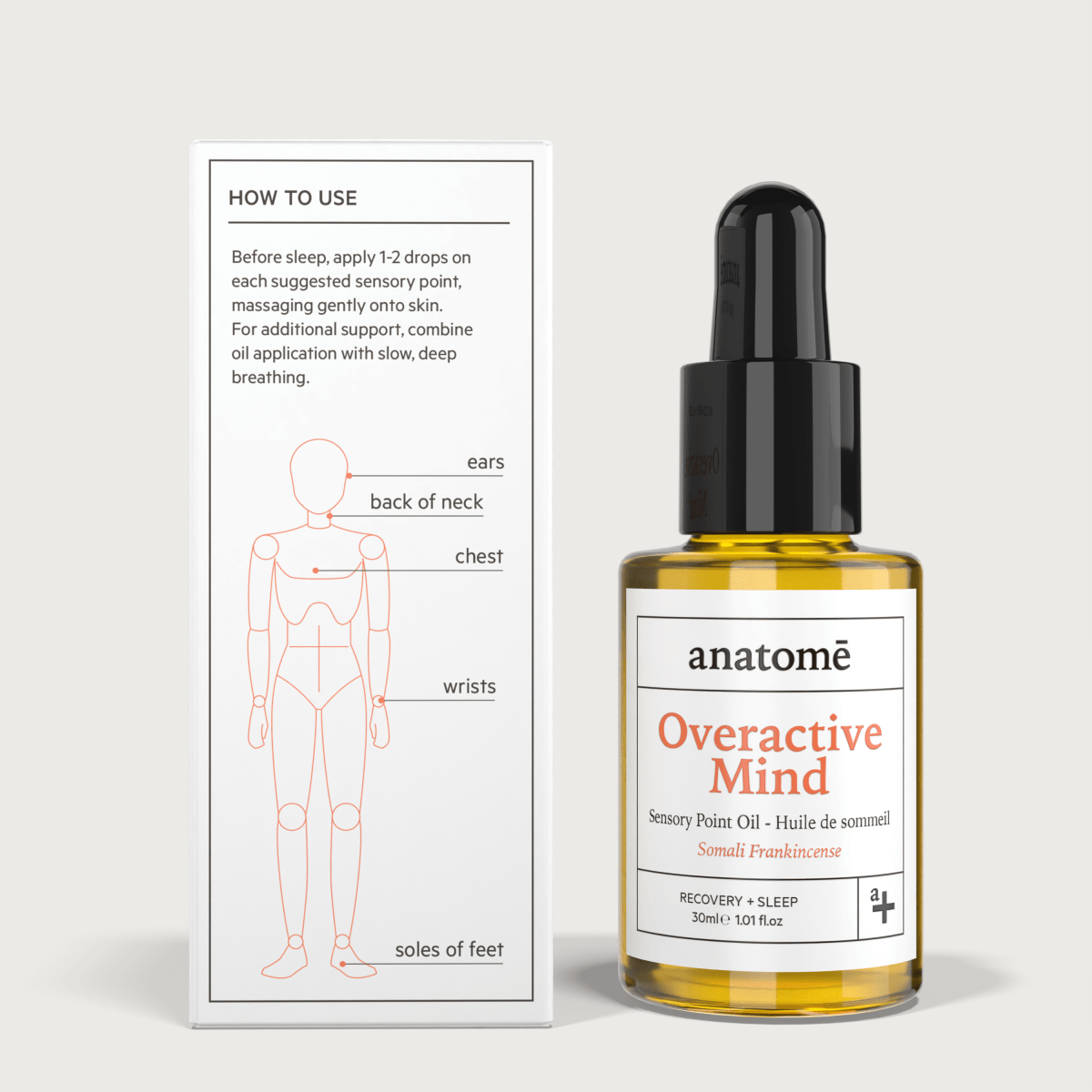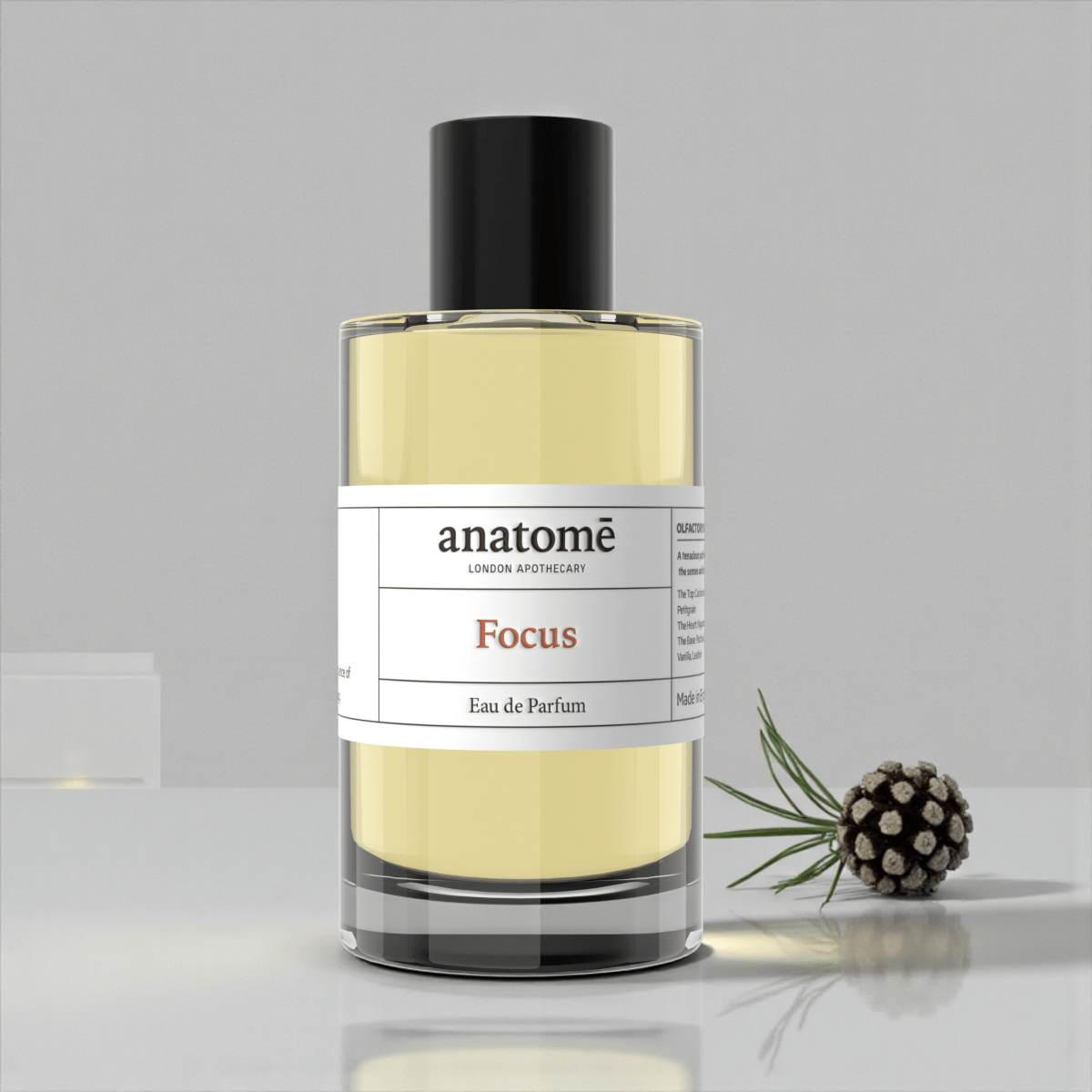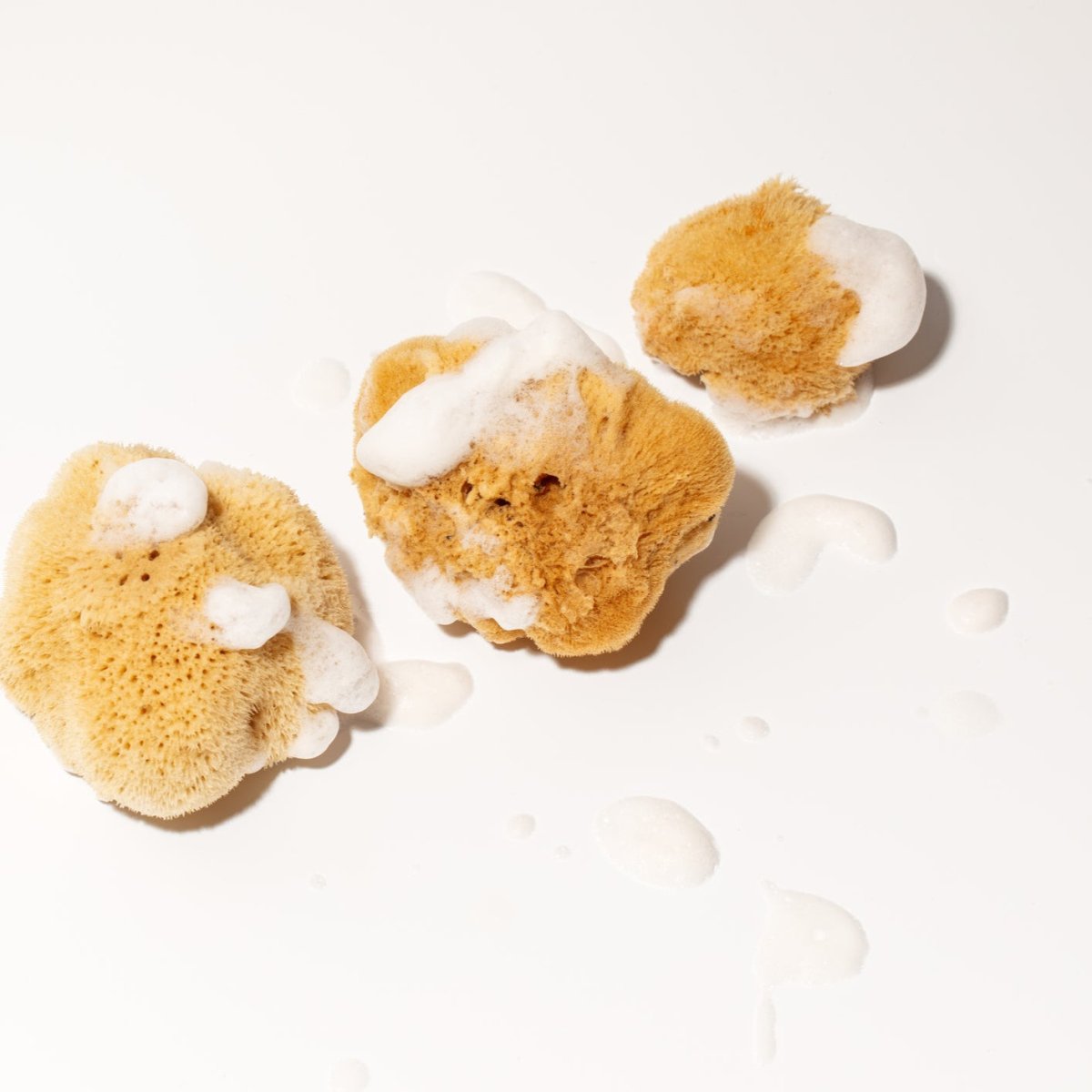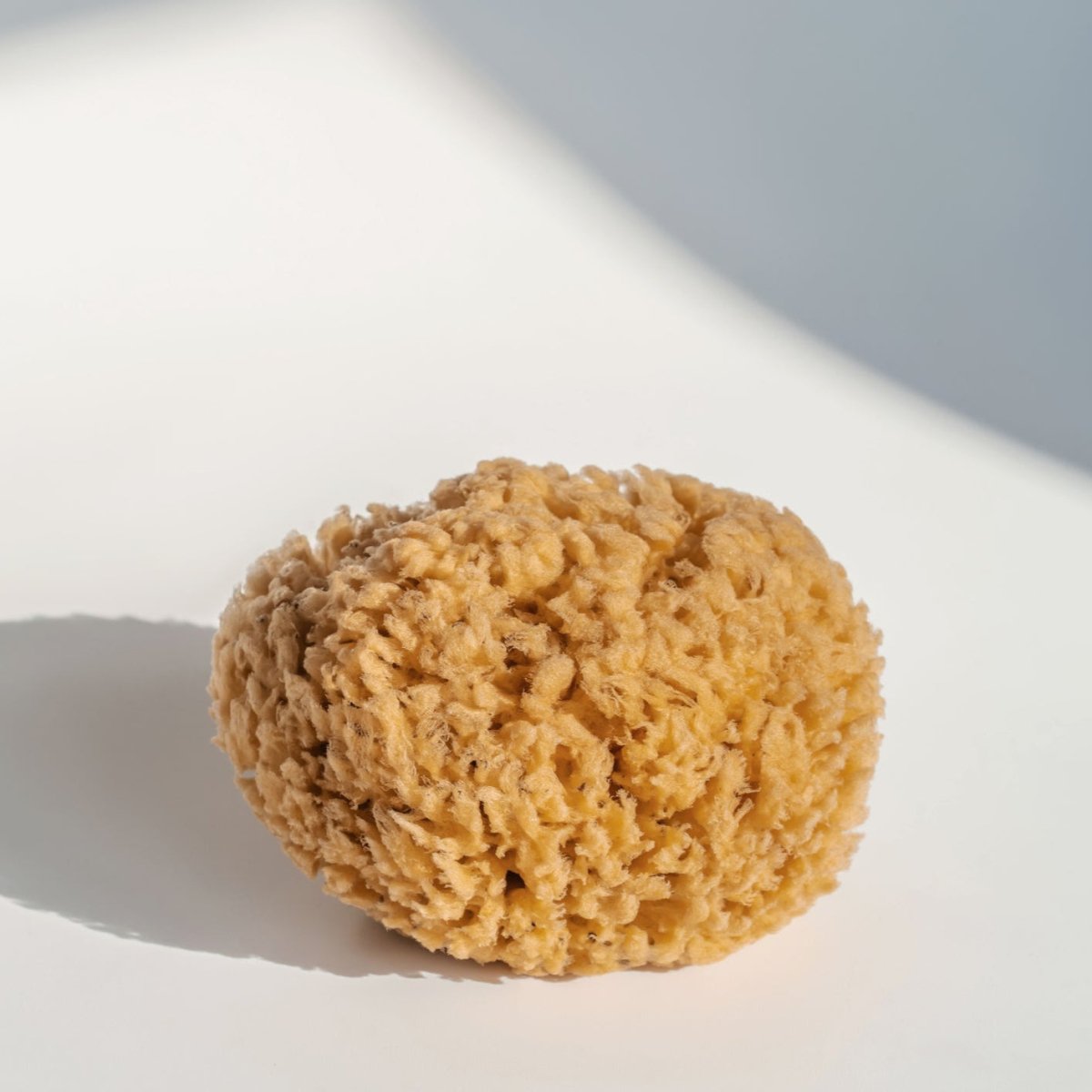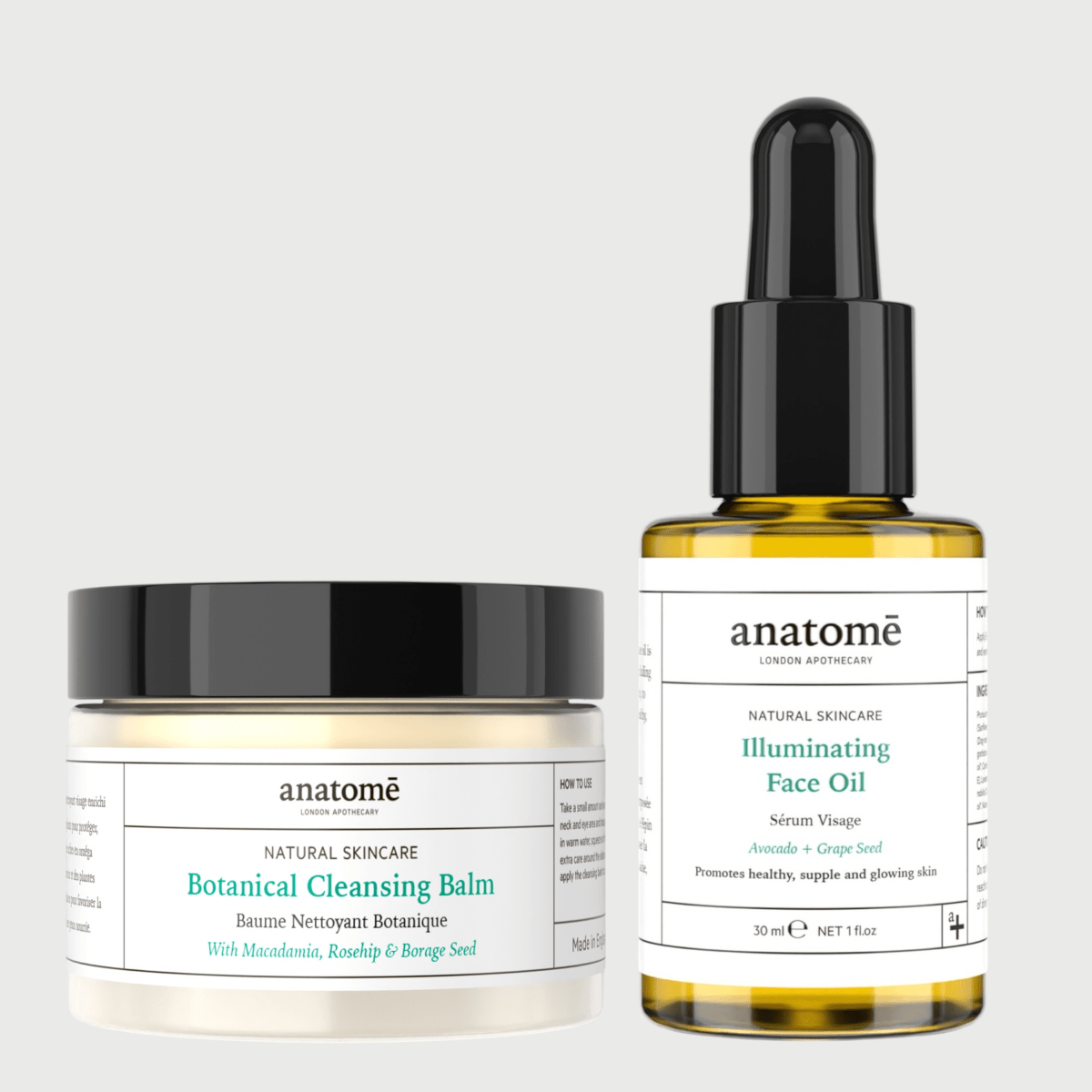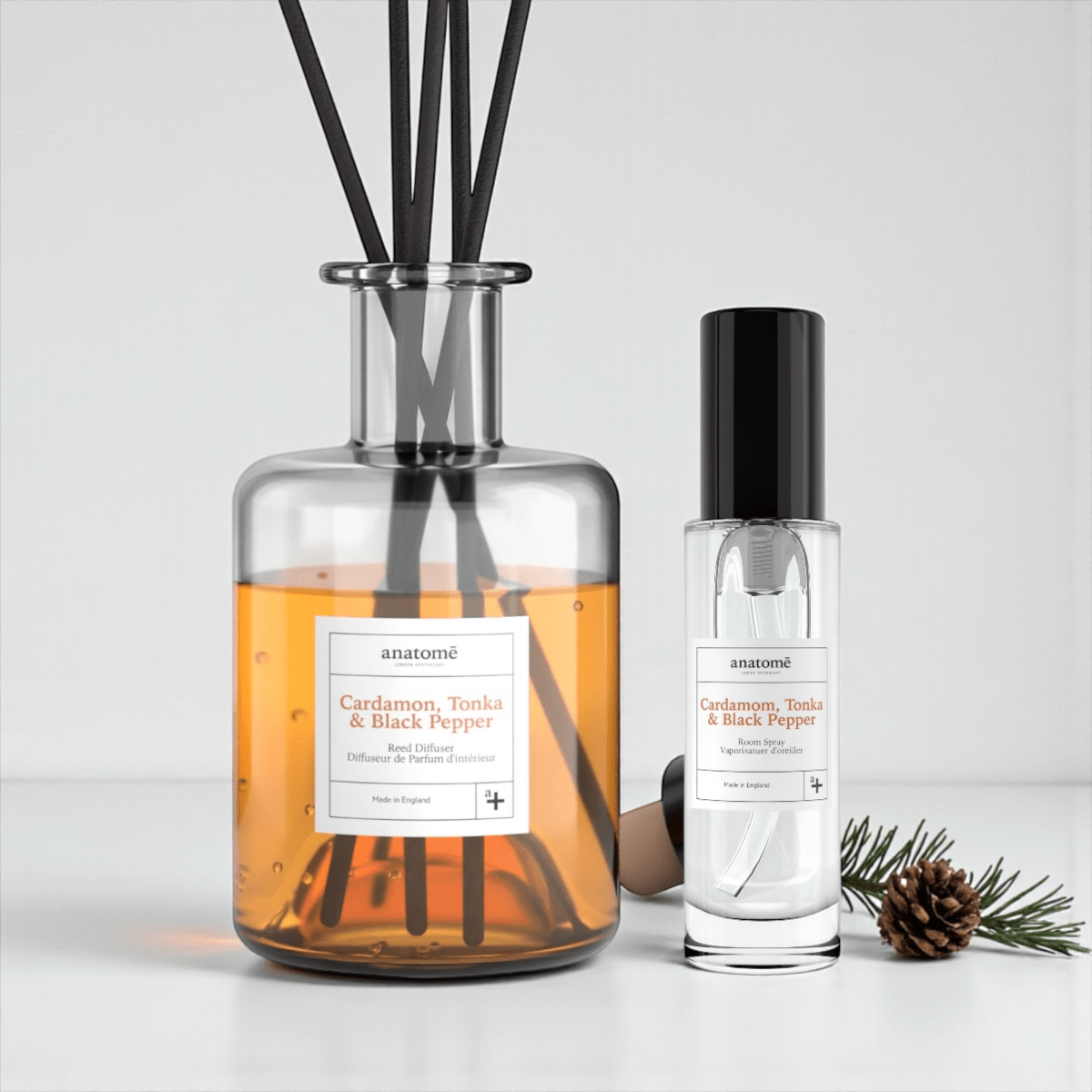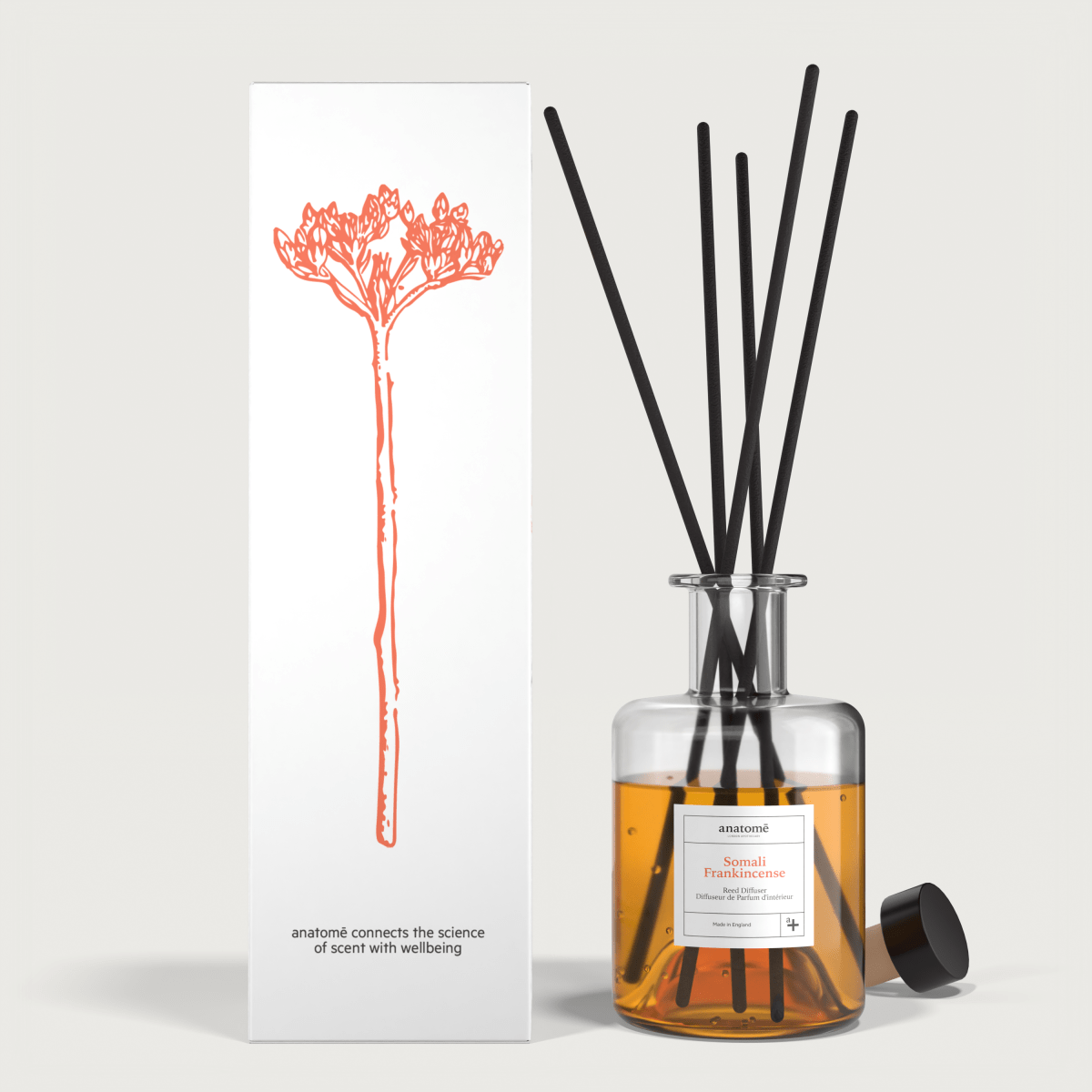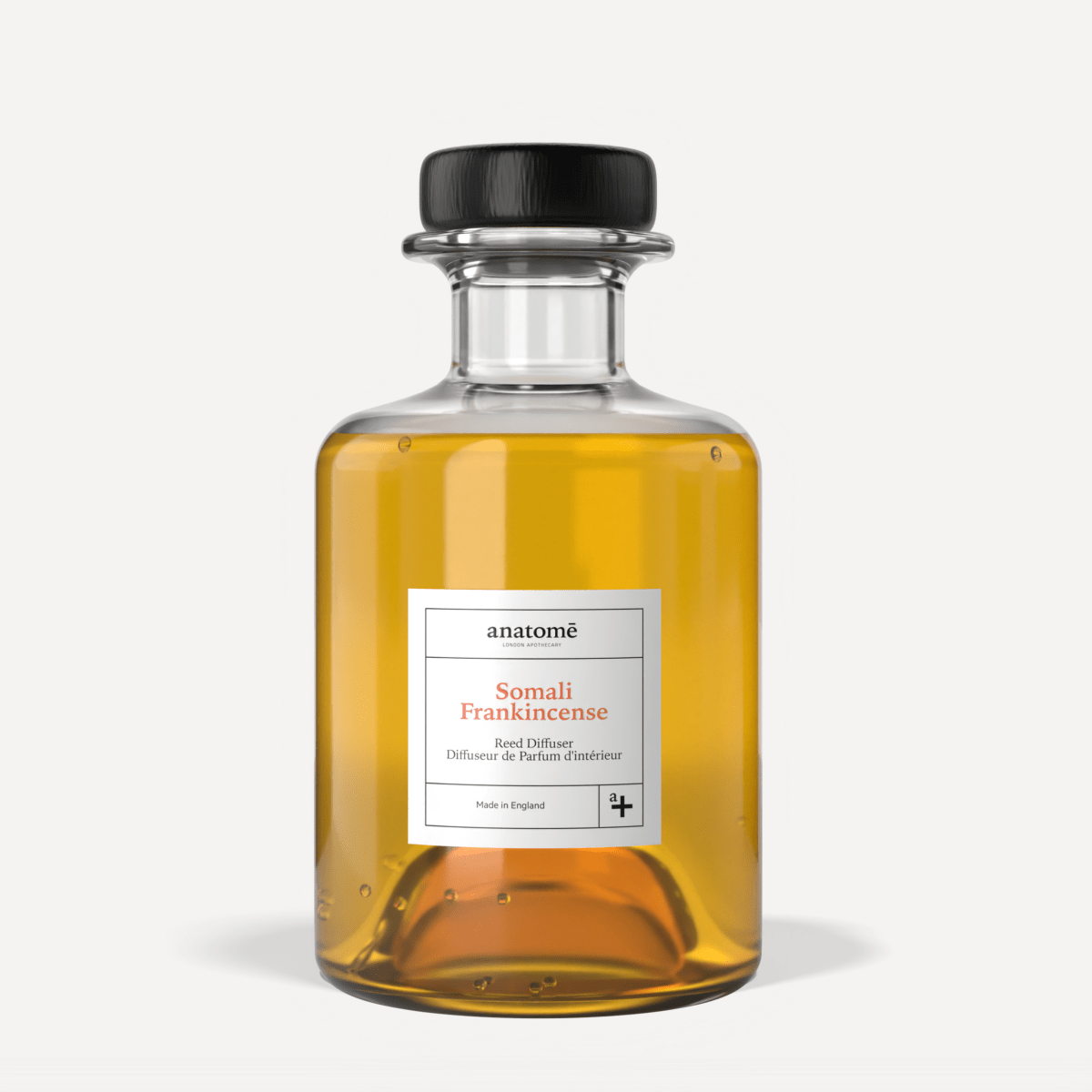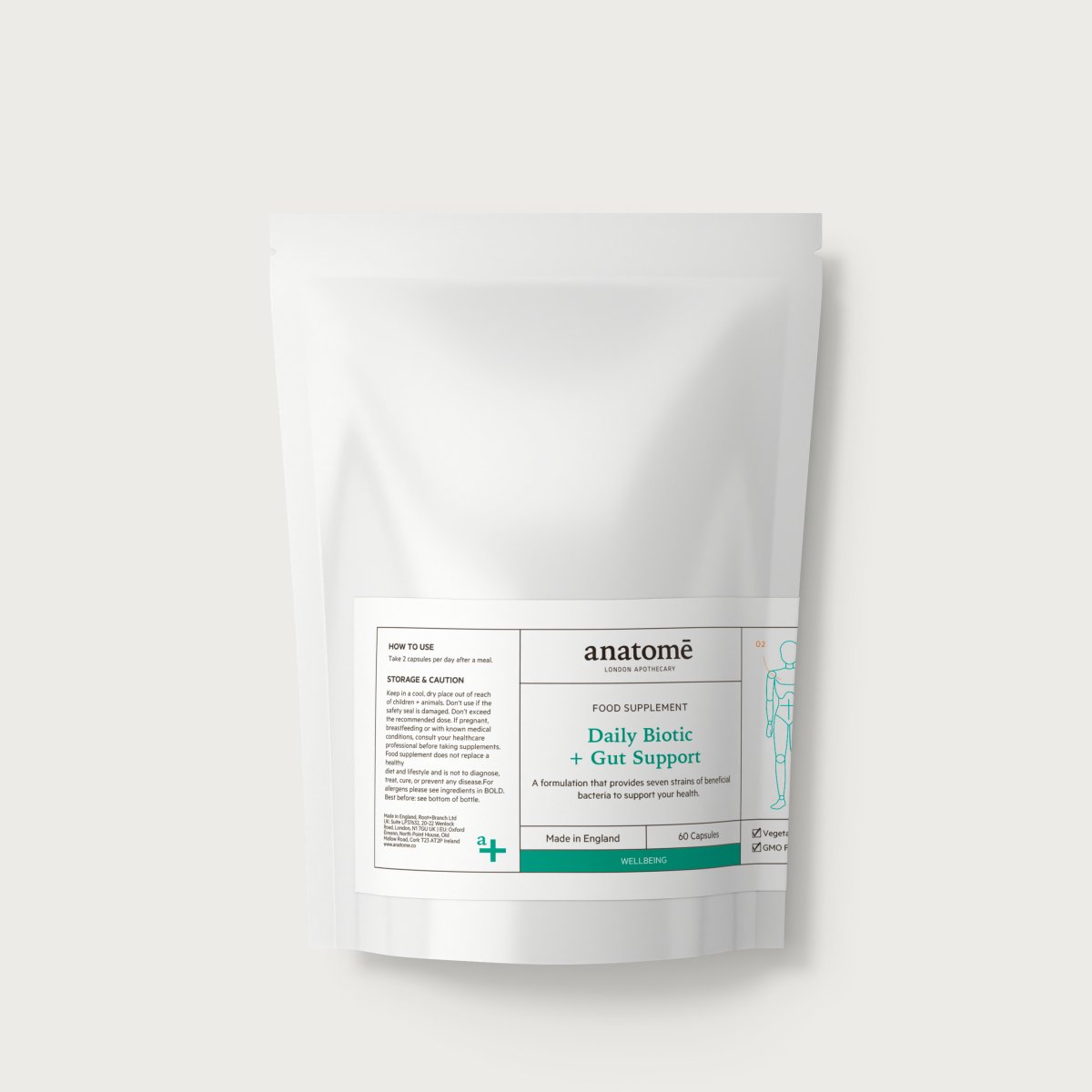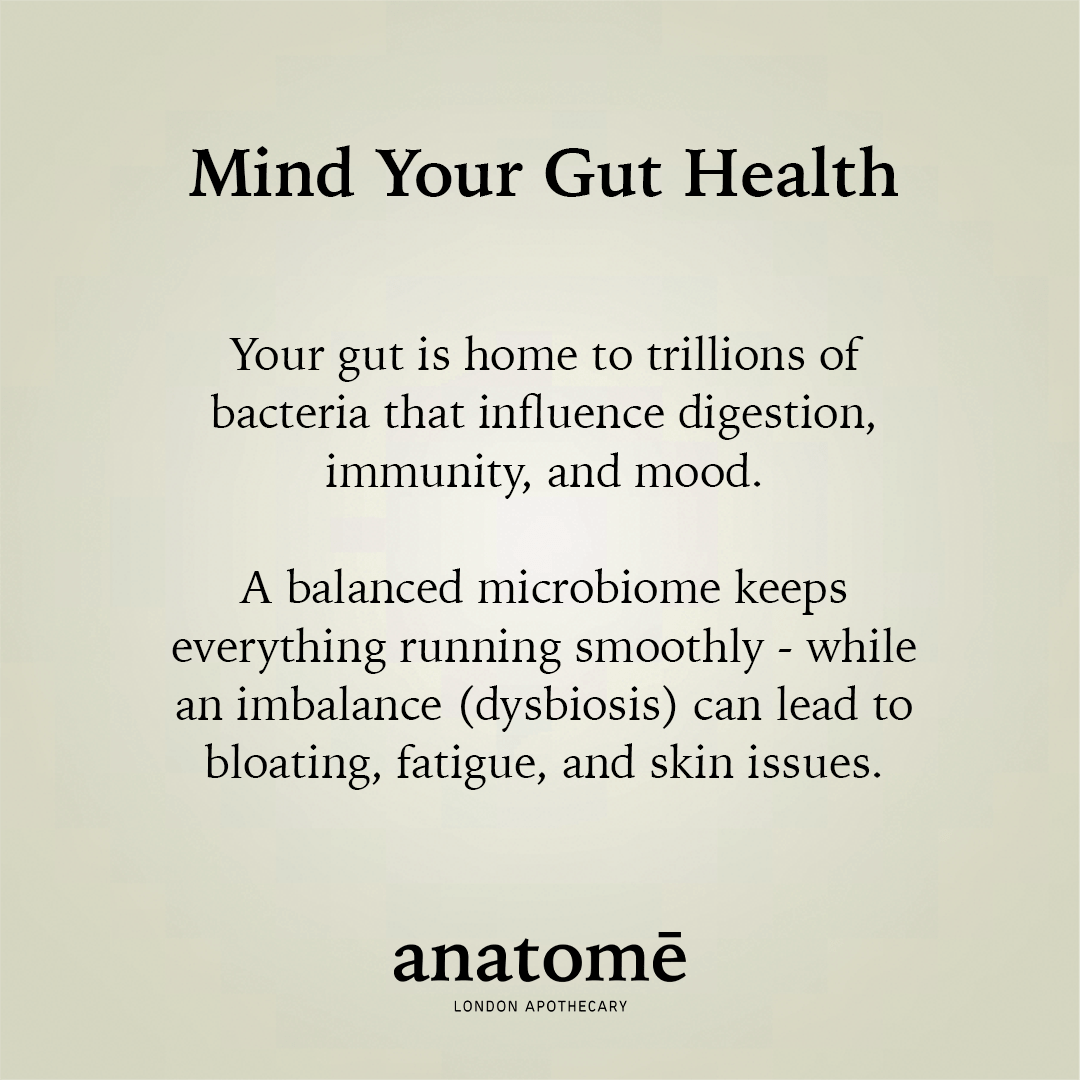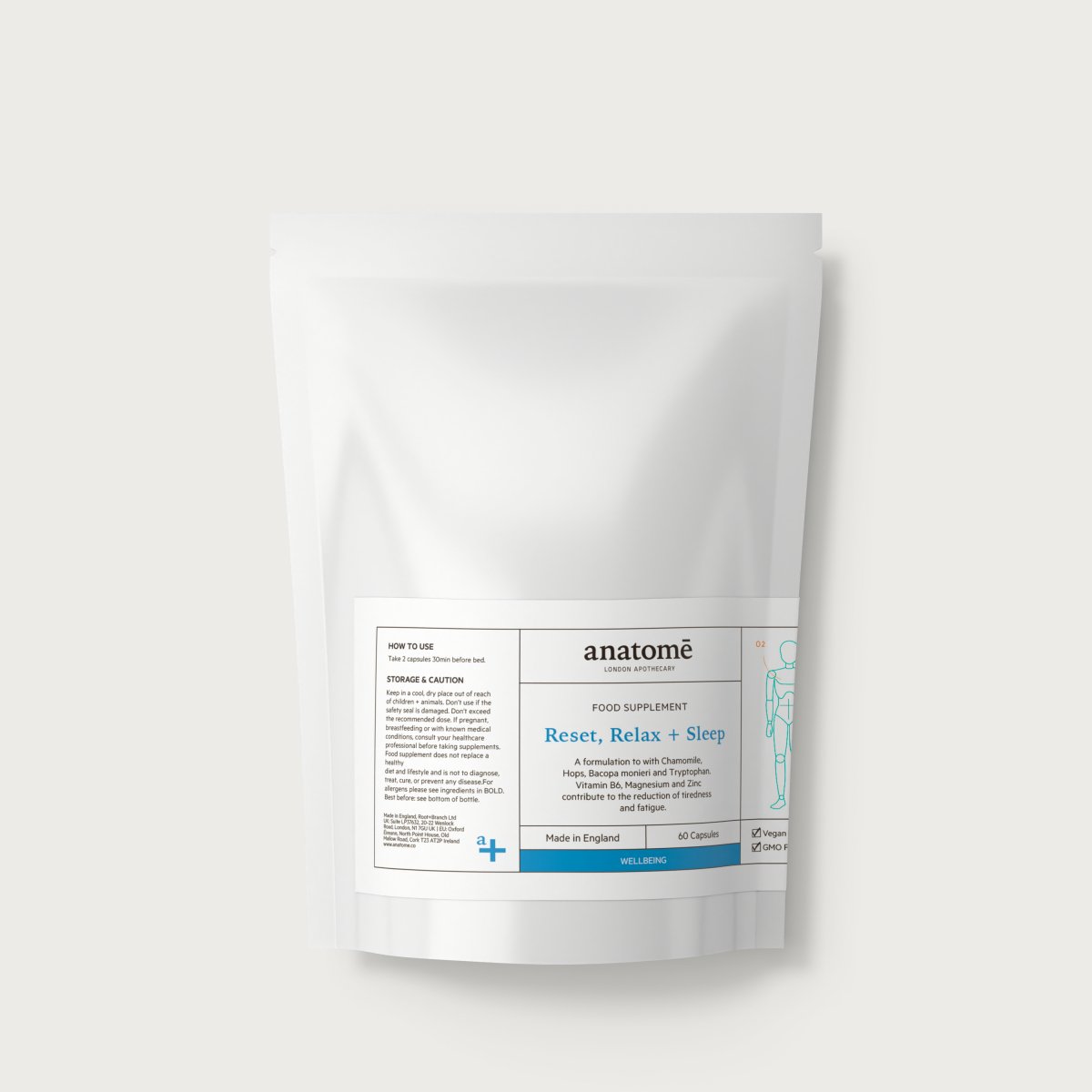We’ve all had that hard workout where the next day leaves you feeling tired and sore. Recovering after working out is an important part of making sure your muscles don’t get injured and ensuring that you remain healthy and able to work out. While the best ways to recover come from diet and a healthy lifestyle, there are a few things you can do to help improve your recovery time and take care of yourself.
Get a good night of sleep
The most important thing for muscle recovery is ensuring that you rest. A good night of sleep is key for that. Research shows that sleep deprivation can inflame your muscles and impair your recovery time (1). “Sleep deprivation reduces protein synthesis, which decreases the ability to restore muscle damage and aggravates the harmful effect of high-intensity exercise,” (2). By ensuring you have healthy sleeping habits, it will help to reduce your chance of injury and allow your muscles to recover more easily.

Get a massage (or give yourself one!)
Massaging your muscles helps to get rid of lactic acid build up. It’s also been shown that massage can help to improve flexibility. Not only that, it can help to reduce inflammation, thus helping your muscles to recover further. Massaging with an oil that contains ingredients such as lavender, rosemary, and peppermint can help to further reduce inflammation and help to soothe the mind (3).
Meditate
Meditation is an extremely powerful practice that has been scientifically proven to have benefits on the body and physiological changes to the brain. One study found that yogic meditation (the kind of meditation that occurs during yoga), “increases the performance quotient and makes a person psychologically more stable and mentally more competent,” (4). Meditation reduces cortisol levels that tend to elevate during exercise, which helps to reduce inflammation and improve recovery time (5).

Take a bath
Bathing has been proven to be an effective way to help reduce inflammation in the body. Additionally, bathing in a hot bath can help to improve circulation and vascular function (6). Bathing in magnesium flakes helps to improve your recovery time since magnesium is such an abundant resource that we need. We require magnesium for normal muscle contractions, so by including magnesium, we can help our muscles to recover faster. Plus, a hot bath helps you to fall asleep, which additionally helps you to recover.
Stay hydrated
Water is a key factor in muscle recovery. When we exercise, we release a lot of water and electrolytes through our sweat and, while this is an important process, it can leave us dehydrated. A fluid replacement scheme can work for some, but it’s important not to over hydrate yourself, so we recommend drinking until you aren’t thirsty anymore and just listening to your body. “Significant dehydration can affect performance,” so maintaining hydration can help you to recover and be prepared for the next time you work out (7).

Take a supplement
There is no substitute for a healthy, balanced diet, but we can’t always ensure we get the necessary nutrients to maintain our health. That’s where a supplement can come in. By including nutrients like a blend of branched chain amino acids (BCAAs), it can help improve muscle recovery and performance. Branched chain amino acids include Leucine, Valine, and Isoleucine. Leucine activates a motor pathway in the muscle that stimulates muscle protein synthesis, which is the muscle making process. BCAA can increase muscle growth up to 22%. Several studies show that BCAAs decrease protein breakdown during exercise and decrease levels of creatine kinase, which is an indicator of muscle damage (8).
No matter what kind of work out you are doing, taking steps to preserve your muscles, reduce inflammation, and rest, will help you to prevent injury and improve your performance over time.
References:- https://journals.lww.com/acsm-msse/Abstract/2020/02000/Effects_of_Sleep_Deprivation_on_Acute_Skeletal.28.aspx
- https://www.sciencedirect.com/science/article/abs/pii/S0024320519307623
- https://www.ncbi.nlm.nih.gov/pmc/articles/PMC7228568/
- https://www.ijpp.com/IJPP%20archives/1992_36_4/229-233.pdf
- https://psycnet.apa.org/fulltext/2006-10511-002.pdf?auth_token=89449ec46472705354330a818ca57a2333c62b3e
- https://www.ncbi.nlm.nih.gov/pmc/articles/PMC5023696/
- https://journals.lww.com/acsm-healthfitness/fulltext/2013/07000/exercise_and_fluid_replacement__brought_to_you_by.3.aspx
- https://pubmed.ncbi.nlm.nih.gov/19301095/

